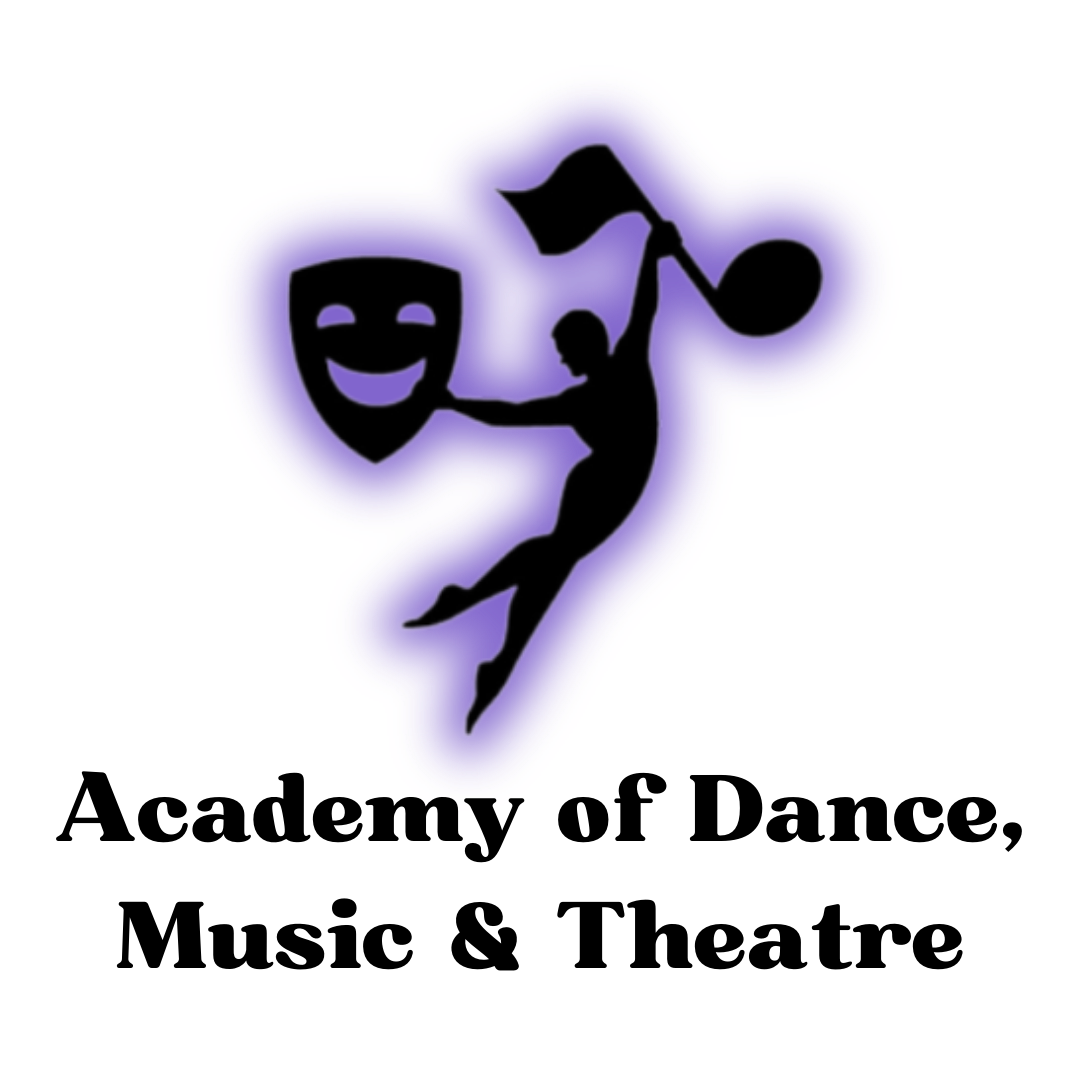FAQs
-
At Academy of Dance, Music & Theatre, we offer a diverse range of classes to cater to different interests and skill levels. Some of the types of dance classes we provide include:
DANCE CLASSESBallet: Ballet is the foundation of many dance styles and focuses on grace, technique, and precision. We offer ballet classes for various age groups and skill levels, from beginner to advanced.
Jazz: Jazz dance is energetic and dynamic, blending elements of ballet and modern dance. Our jazz classes explore different styles, from classic jazz to contemporary jazz.
Tap: Tap dance focuses on creating rhythms and sounds with the feet using special tap shoes. Students learn various tap techniques and develop musicality.
Lyrical/Contemporary/Modern: These dance classes emphasize expression, fluid movements, and interpretation of music. This style often combines elements from ballet and other dance genres.
Hip Hop: Hip Hop is a high-energy style with urban and street dance influences. Our Hip Hop classes teach various Hip Hop moves and choreography.
Acro Dance: Acro classes combine dance with acrobatic elements, such as tumbling and balancing, to develop strength, flexibility, and athleticism. Think gymnastics movements (cartwheels, walkovers, etc), that can be worked fluidly into dance choreography.
Creative Movement (for young children): Our creative movement classes are designed for young children, introducing them to basic dance movements and music in a fun and playful environment.
MUSIC CLASSESWe offer group singing lessons (chorus) and private music lessons. Our current instructors are qualified to teach voice and piano. Some students choose to schedule a recurring private lesson and split their time between both voice and piano, while others choose to focus on one discipline.
THEATRE CLASSESWe offer group Acting classes for students ages 6+. Students will work on memorizing lines and character development. They will also learn improv exercises and general theatre knowledge, such as stage directions and etiquette.
-
Register in 3 easy steps
Log on the Parent Portal. New families click “create an account”
Select your classes
Add/Update your payment method and enroll in auto-pay (required).
Ms. Hope or another member of the administractive team will then reach out via email with your tuition quote and payment options within one week.
-
Yes, we understand that trying out a new dance studio can be an important decision, which is why we offer students who feel they need a trial a One-Week Class Pass! One-week Class Passes must be used in a one-week time period, and may only be used in classes that are not full.
This trial period allows prospective students to experience our studio's environment, meet our instructors, and get a taste of the dance style they are interested in before committing to regular classes.
Free Trials are only available for group classes. Private lesson students may schedule a paid trial.
Fill out our New Student Form or email info@academydmt.com to schedule your trial classes. -
For your trial class, bare feet and athletic clothing is completely fine!
Once you are registered it's important to wear tight-fitting clothing that allows for ease of movement and provides comfort during physical activity. Leggings, leotards, and most athletic wear is acceptable.
For ballet, leotards and tights are expected. In addition, dancers should always come to class with their hair pulled back. A bun is expected to be worn in our ballet classes for any student over the age of 5.
We do not have a required uniform that you need to purchase (any brand, style, or color of dance attire is fine), but students participating in the recital must have the shoes that we recommend.
Shop our shoes and other recommended dancewear on our Nimbly site by clicking HERE. -
No, prior dance experience is not always necessary to join our classes. At ADMT, we welcome students of all levels, from beginners to more experienced dancers.
We have a variety of classes and levels to cater to a diverse range of skills. Our instructors are trained to teach to a variety of levels within the same class.
We care about finding the correct level for each student whenever possible. Our schedule has recommended age groups as a guide, not a hard and fast rule. Older students who have little or no experience may be placed with slightly younger students to start out, just as younger students with exceptional abilities may be moved to a more challenging class.
